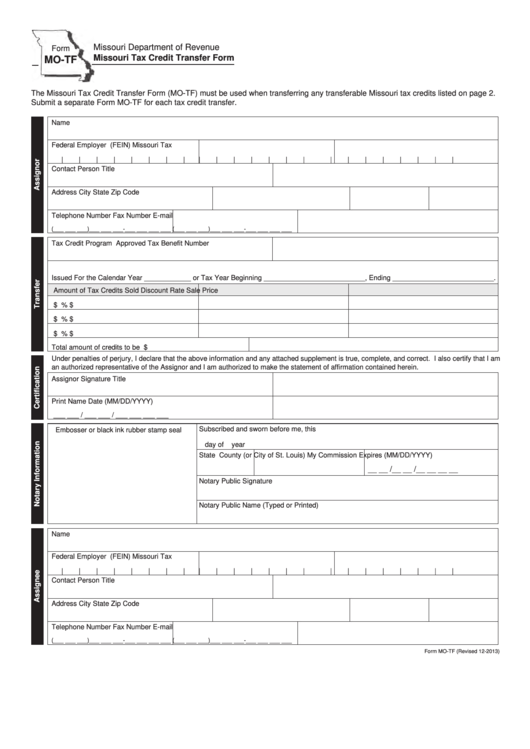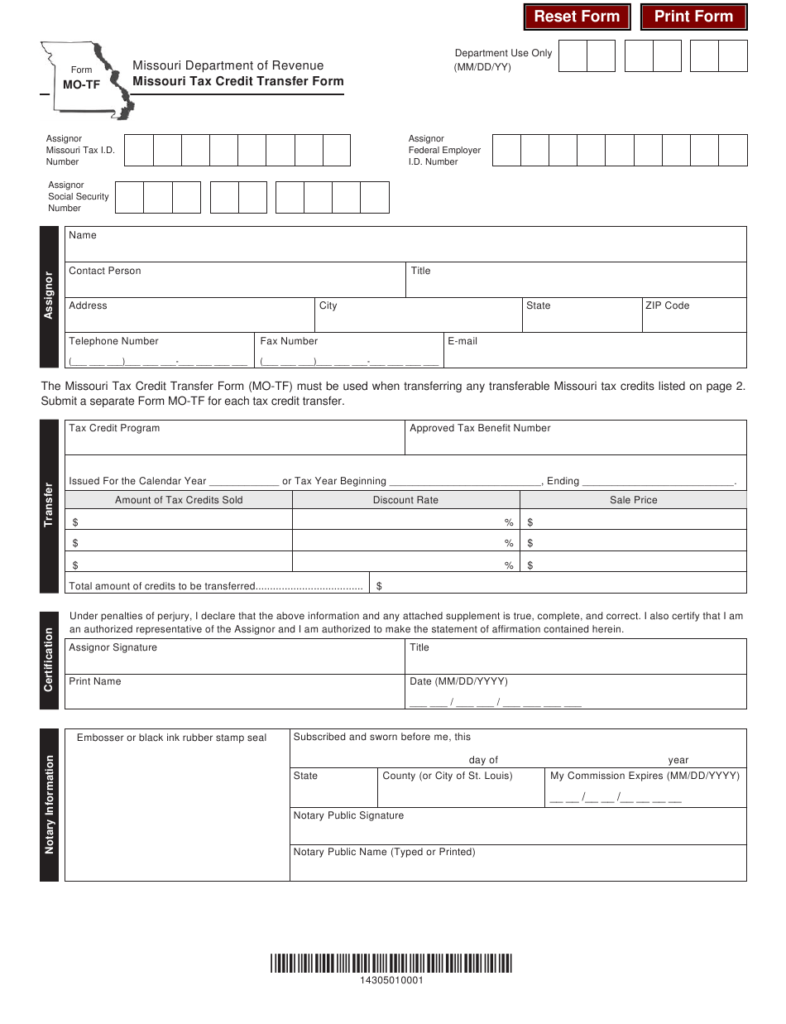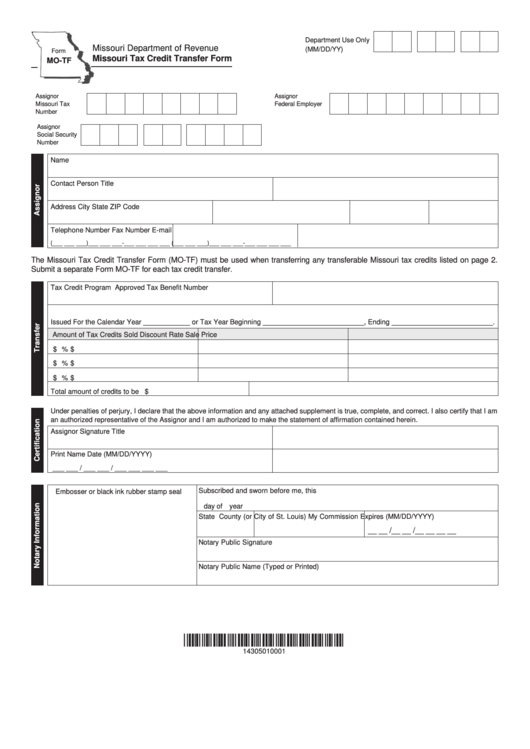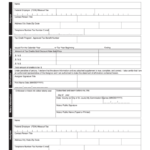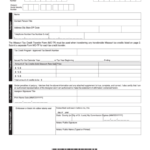Mizzou Transfer Credit Form – If you’re not sure about the transfer process You can fill out The Transfer Credit Acquired Formula, or the TCAF. There could be a course that you never completed or did not earn a grade for that you’re unsure if you can use it for your degree. It’s good news that you could. In general, courses that receive an C or better don’t need a material review. However, you should be aware all coursework that doesn’t go to a particular U-M course can be considered departmental credit. If it’s not, then you will not be able transfer it into a U-M degree and you may fail to meet the graduation requirements.
Coursework must earn a grade equivalent to a C – or better
In order for your courses to be transferred you must have the standard of C or higher. To be eligible to credit transfer, they should be completed at an accredited university or college like the Higher Learning Commission or the Middle States Association of Colleges and Schools (MASAC). International programs are assessed in a way that is individual. Official transcripts are required to be sent an official transcript to CCS. Your previous institution should also accept the course.
Transferring credits from your previous institution, courses you took at a foreign school must have been completed with a grade of C or better. The grades of Pass/Satisfactory aren’t transferable, nor are college algebra, college developmental courses or technical and career courses. However, this policy has been reviewed during the COVID-19 disease, and courses taken before then are now accepted.
To transfer credit, courses offered at regionally accredited institutions are required to be graded which is “C” or better in the previous institution. To transfer credits it is necessary that the courses be identical in scope and substance. While a C-grade is the minimum required for credit that can be transferred However, some institutions will accept marks of “D” or higher. Accreditation organizations comprise institutions like the Middle States Association of Colleges and Schools and the New England Association of Schools and Colleges, the Northwest Association of Schools and Colleges along with the Southern Association of School and Colleges.
TCEL shows courses that have been transferred to Clemson before. This is not an exhaustive list . Any courses not listed in this list will have to be assessed when applying to Clemson. This TCEL listing also provides classes that have equivalents, but this list does not reflect differences on credit hours for different institutions. While the TCEL lists courses that are comparable to the courses offered by other colleges however, the Office of Admissions’ evaluations are based upon current information.
Although your previous work may have been acceptable, but it must be reviewed to determine its academic implications. If you’re struggling to finish the course work Consider retaking the course. Try to achieve at least an “C” in the course and you have met any conditions set by the university. Repeating a course three times can negatively impact your cumulative GPA which is why you must be aware when you are deciding whether or not to repeat it.
